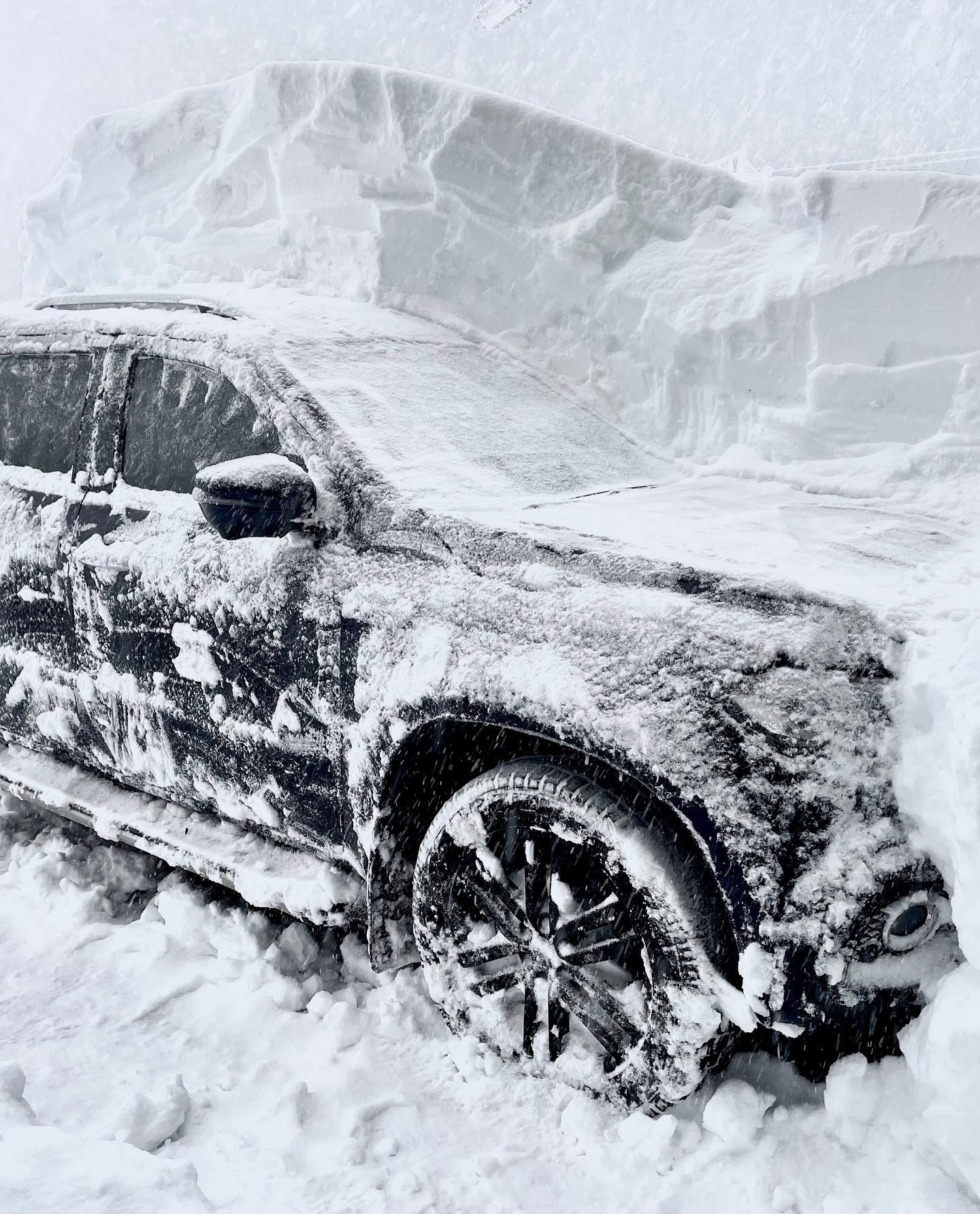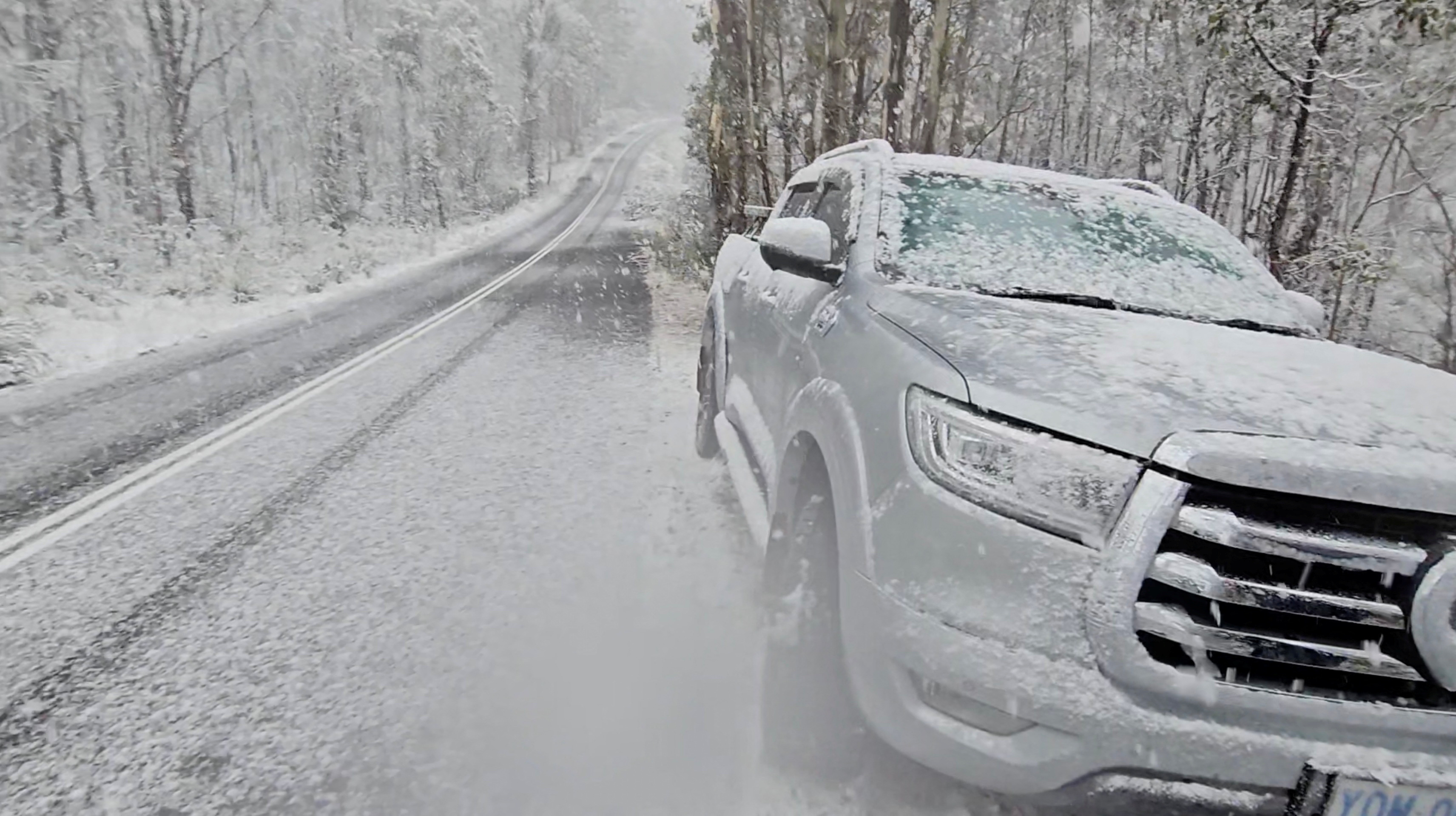Prepare an Unforgettable Winter Vacation to Witness Snow In Australia with Friends
Prepare an Unforgettable Winter Vacation to Witness Snow In Australia with Friends
Blog Article
The Different Types of Snow in Australia and Their Effect On Winter Sports
Australia, recognized for its sun-soaked coastlines, is also home to a diverse range of snow problems that dramatically influence winter season sports. The following expedition will certainly discuss the ramifications of these snow types on winter months sporting activities performance.

Recognizing the Features of Various Snow Types
While many think that snow is a homogeneous entity, it is vital to recognize that there are different types, each with distinct characteristics. In Australia, these variations are especially noticable due to climatic diversity. Coastal snow, discovered in areas such as the Snowy Hills, is commonly wetter and denser because of high wetness material, making it perfect for snowball fights or constructing snowmen. On the other hand, the snow located in the indoor areas like the Australian Alps is drier and lighter, typically contrasted to a cosy powder. These differences in snow type aren't just aesthetic; they dramatically influence wintertime sporting activities, determining the ease of motion, the speed achievable, and the level of control needed from professional athletes.
The Effects of Powder Snow on Snowboarding and Snowboarding
In spite of its light and cosy appearance, powder snow in the Australian Alps presents both distinct obstacles and chances for winter months sports lovers, especially those engaged in skiing and snowboarding. The smooth and flexible surface area of powder snow also decreases threat of injury during drops, making it a preferred option for severe winter sporting activities.

The Obstacles and Benefits of Packed Snow in Winter Season Sports
Changing focus from the loosened, completely dry powder snow, another prevalent sort of snow in the Australian Alps is packed snow, posturing its own collection of challenges and advantages in the realm of wintertime sporting activities. This denser, extra solidified kind of snow offers a much faster, slicker surface, benefiting sporting activities like downhill snowboarding and snowboarding, improving rate and accuracy. However, the exact same characteristics also present obstacles. Its tough surface area can be risky, enhancing the possibility for injuries throughout falls. Navigating turns and regulating speed can be tough on jam-packed snow, requiring greater ability degrees from professional athletes. Regardless of these challenges, loaded snow stays a vital component in many winter sports, forming the performance and techniques of athletes.
The Duty of Wet Snow in Australian Winter Seasons Games
In contrast to the dense, glossy surface area of jam-packed snow, wet snow plays a totally various role in Australian winter season games. Qualified by its high dampness material, wet snow influences the speed and control of winter sporting activities participants. Its heavy, sticky nature can be challenging for professional athletes, specifically in skiing and snowboarding where rate and manoeuvrability are critical. However, its malleability makes it perfect for snow sculpting events and for fortifying snow frameworks in sporting activities like snow ft battles. In spite of its risks, damp snow presents an unique dynamic to wintertime games in Australia, testing professional athletes' flexibility and durability, and working as a pointer of the diverse weather they must be prepared to deal with.

Just How Slushy Snow Impacts Winter Sports Efficiency
Proceeding the expedition of varying snow conditions in Australia, the influence of slushy snow on winter season sports is an additional intriguing aspect. Slushy snow, resulting from warmer temperatures or direct sunshine, poses unique challenges to professional athletes. Thus, slushy snow changes the winter months sports landscape, sites requiring not just increased physical effort from professional athletes yet also a better emphasis on safety precautions.
Adjusting Winter Season Sports Techniques to Different Snow Problems

Conclusion
In final thought, Australia's varied snow kinds substantially impact winter months sports performance. Each kind, from the slick coastal snow to the drier interior powder and the heavy, sticky wet snow, offers distinct difficulties and benefits.
Shifting focus from the loose, dry powder check my reference snow, one more widespread type of snow in the Australian Alps is packed snow, posing its very own collection of difficulties and advantages in the realm of wintertime sporting activities - Snow In Australia.In comparison to the thick, glossy surface of stuffed snow, damp snow plays an entirely different function in Australian winter season games. Its malleability makes it suitable for snow sculpting events and for strengthening snow structures in sports like snow ft battles.Proceeding the expedition of varying snow problems in Australia, the influence of slushy snow on winter months sports is another intriguing variable. Each type, from the slick Home Page coastal snow to the drier interior powder and the hefty, sticky wet snow, presents unique challenges and benefits
Report this page